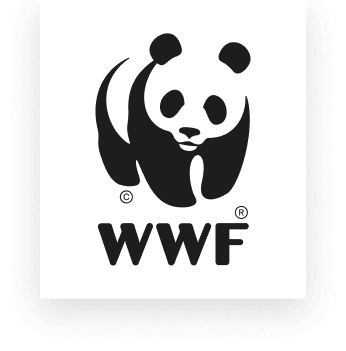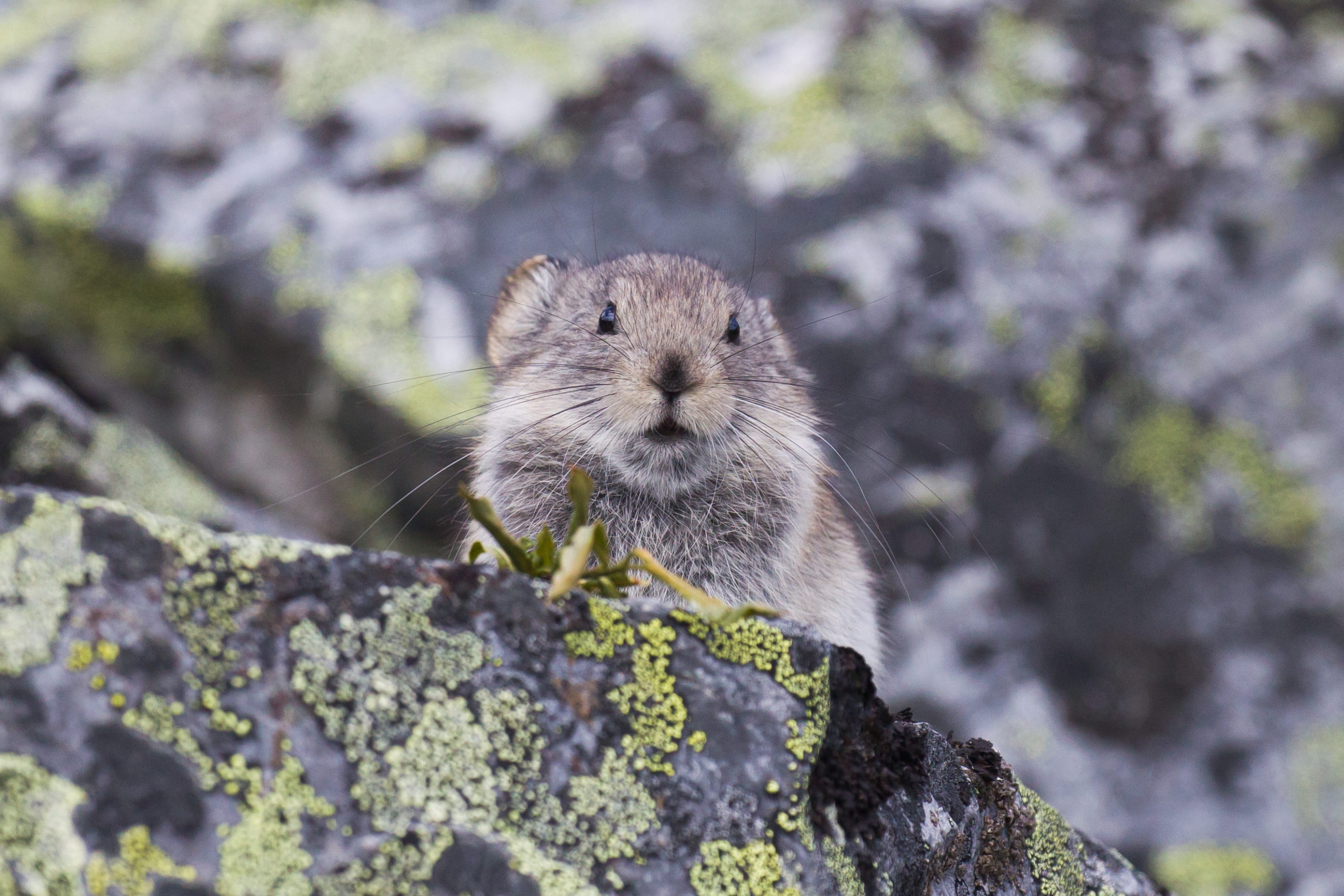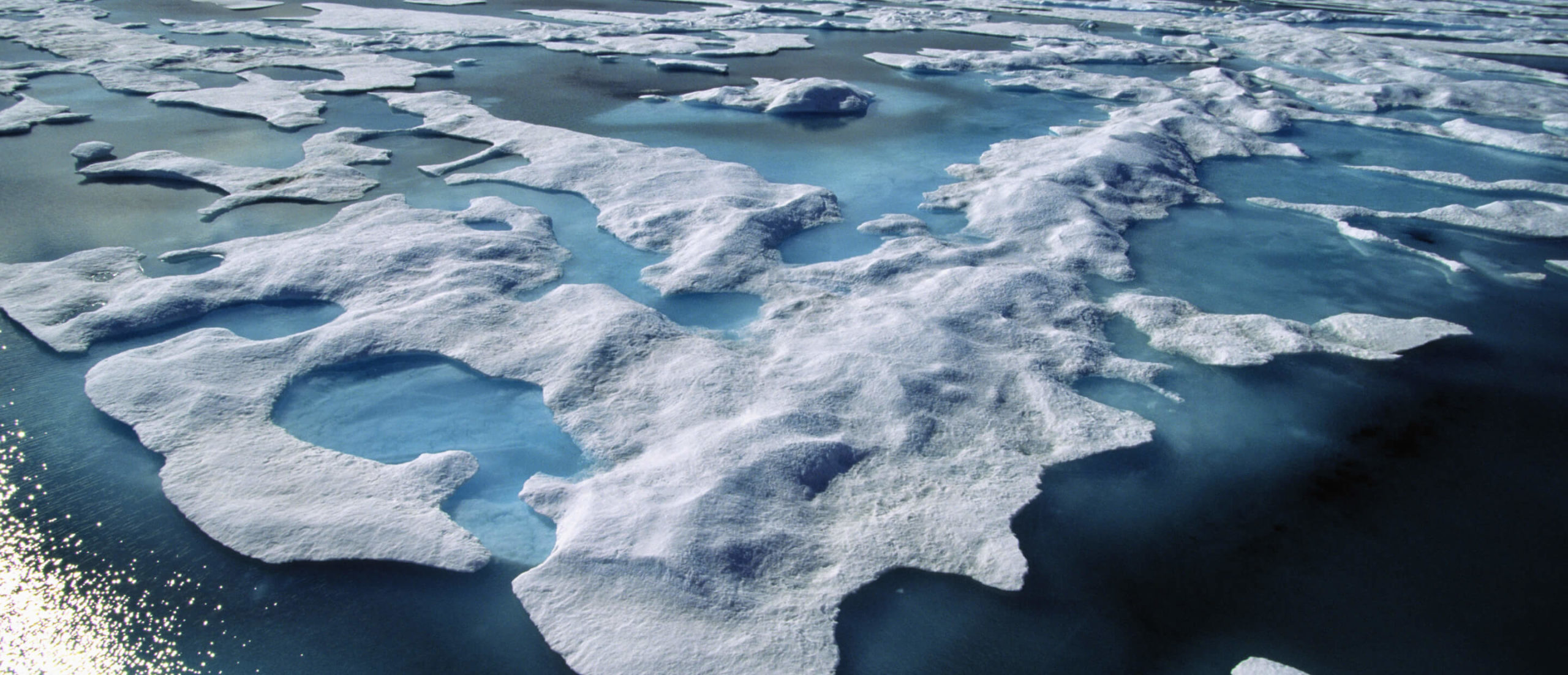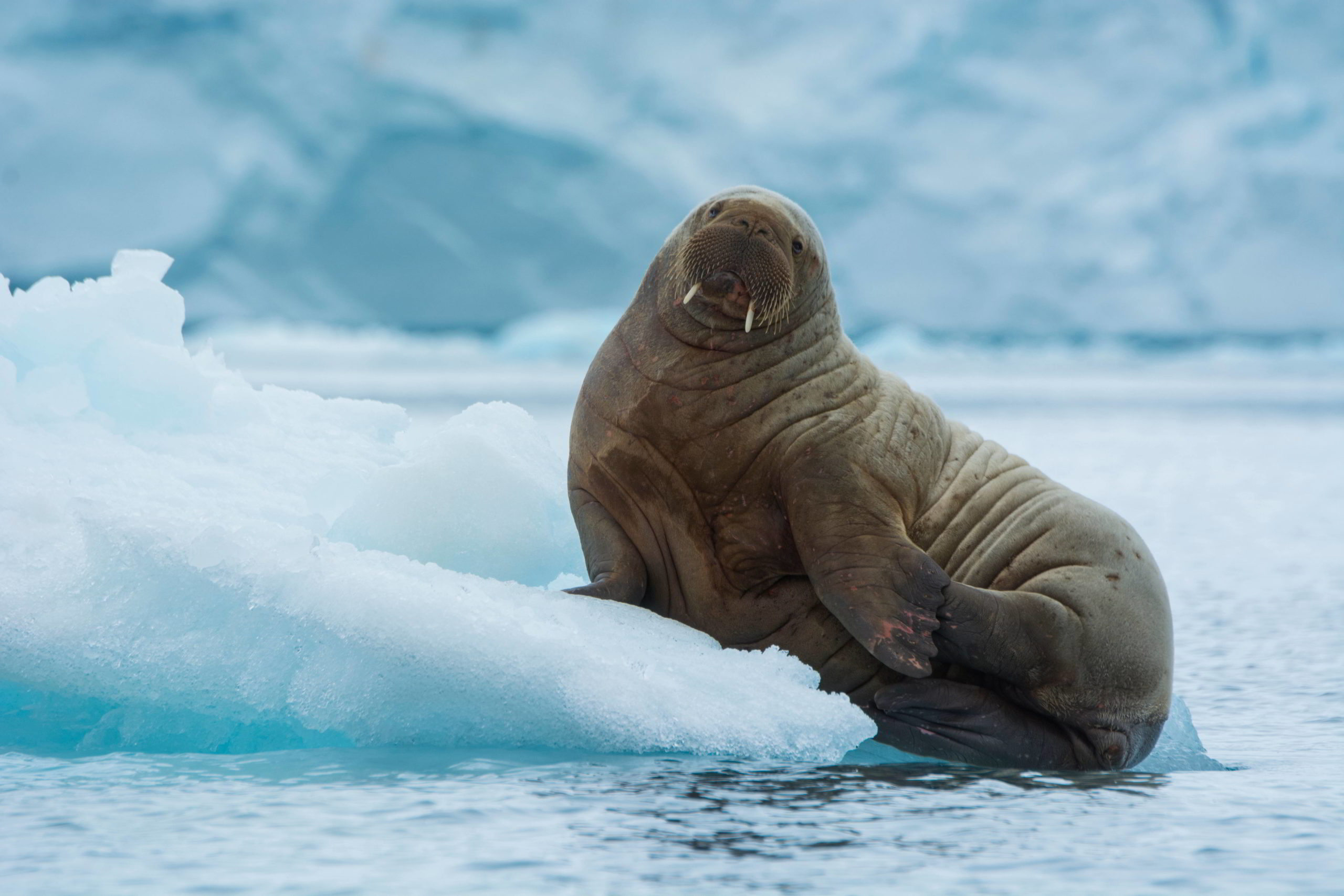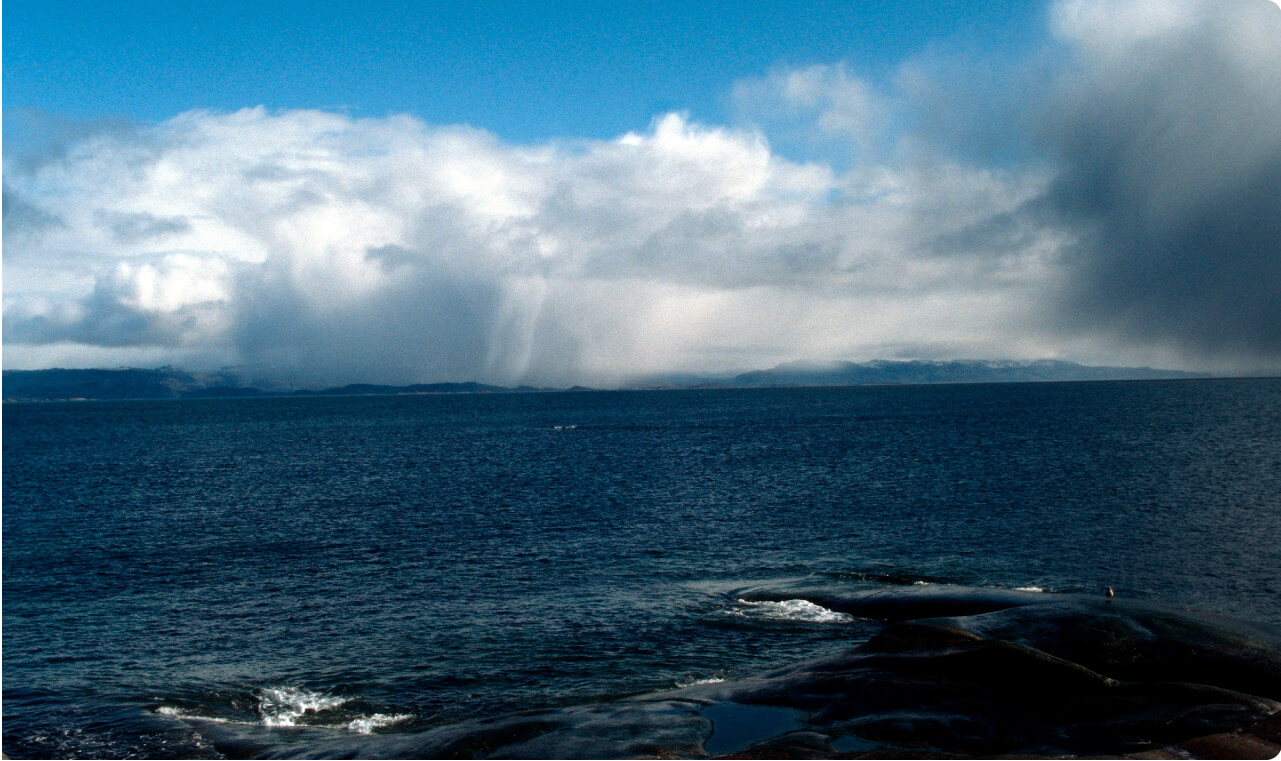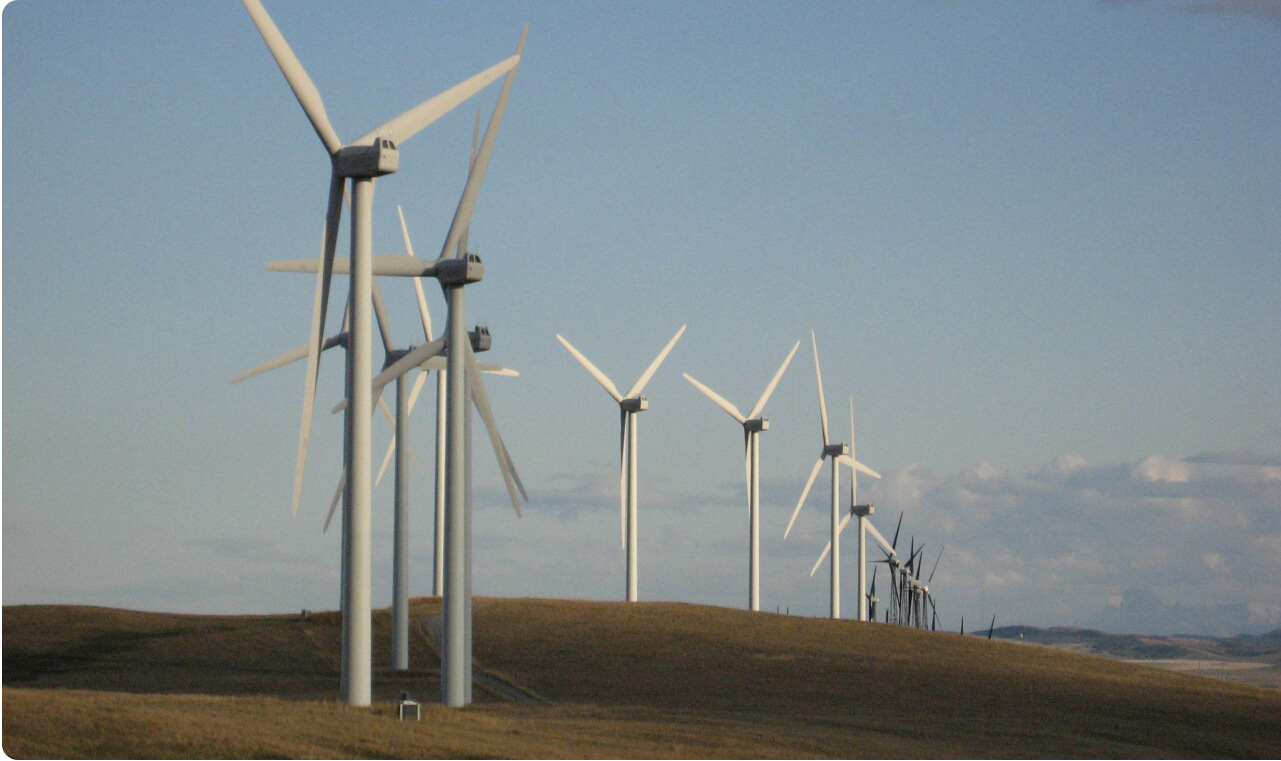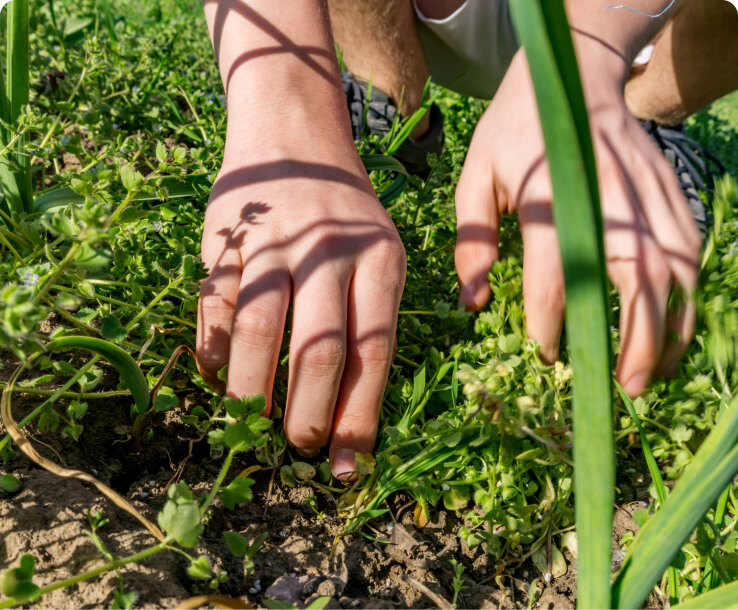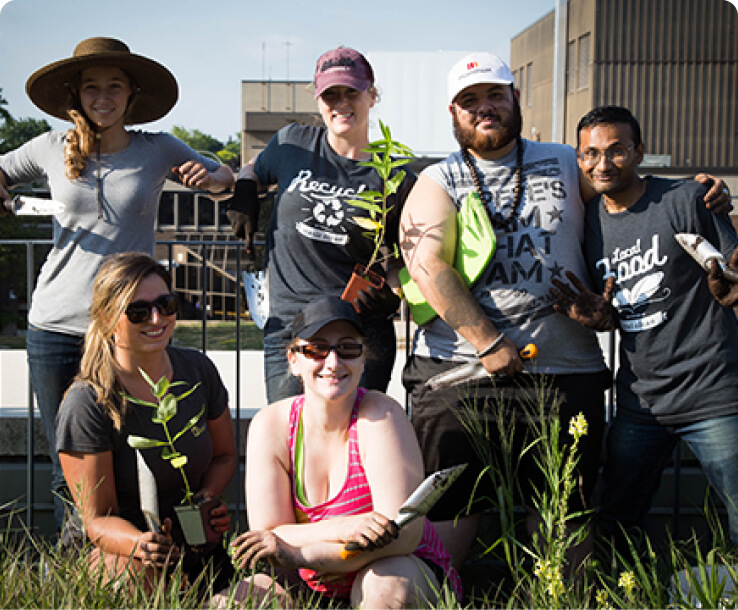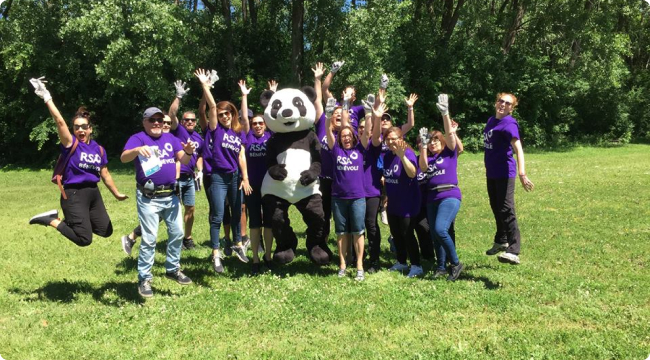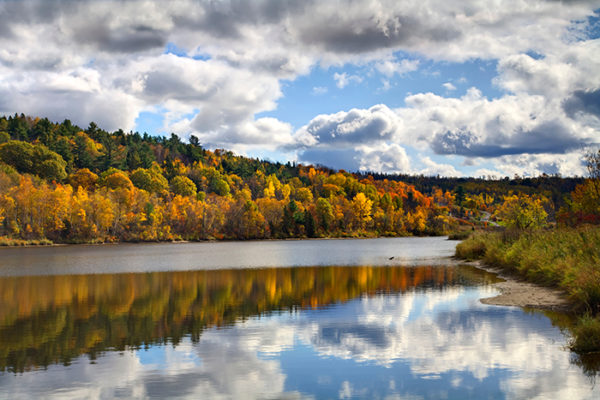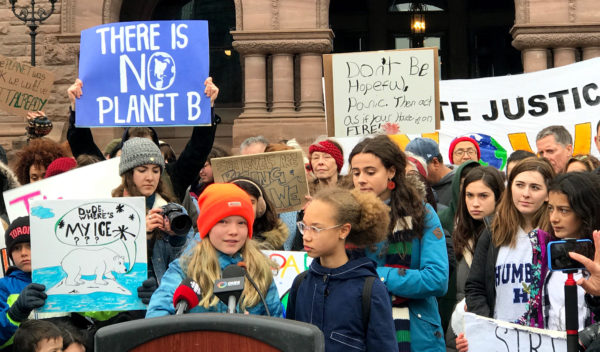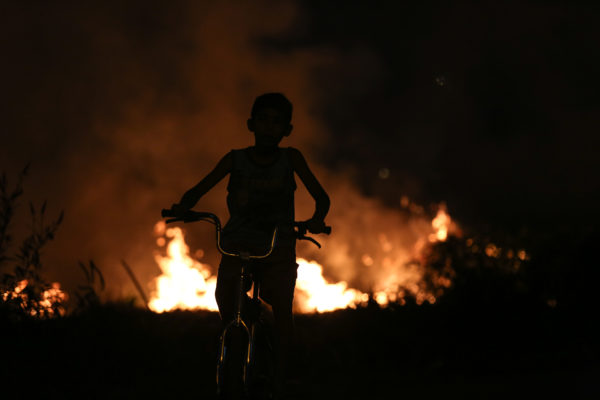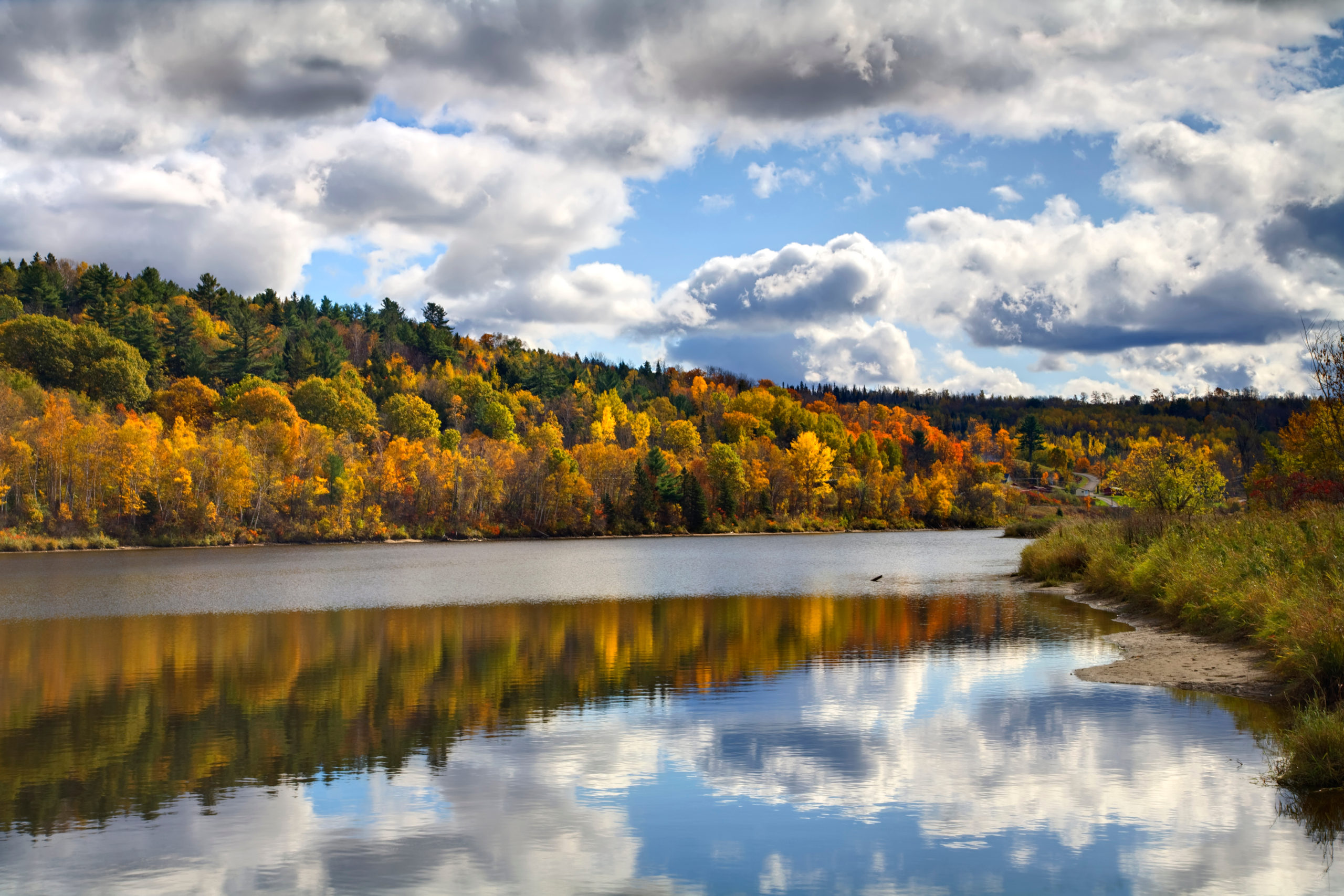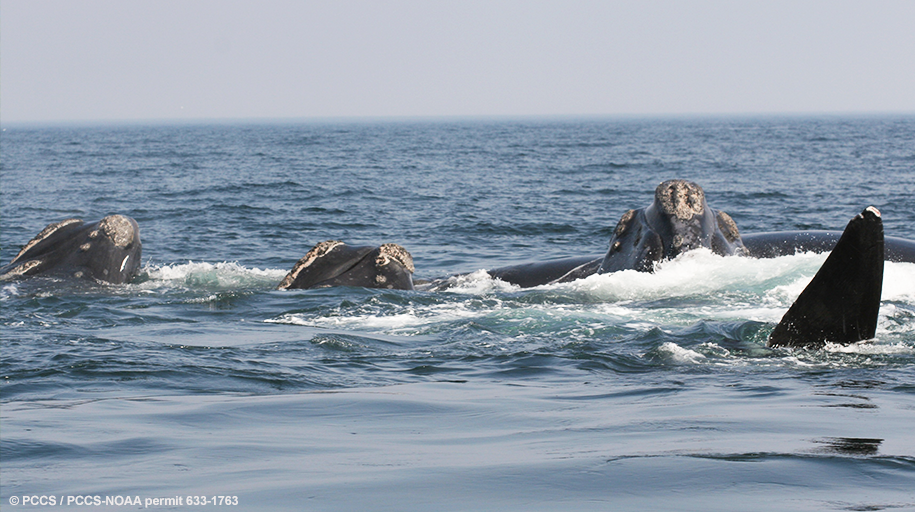Since the industrial revolution, human activities have caused average global temperatures to rise by almost 1°C. Levels of carbon dioxide and other heat-trapping greenhouse gases in the atmosphere are higher than they have been at any point in human existence — and they’re still increasing.
Scientists warn that exceeding an average global warming of 1.5°C will significantly accelerate changes that are already underway, leading to ecosystem disruption and, in some cases, destruction. The magnitude of these changes will negatively impact nature and people — and unless stronger climate actions are taken, our planet will continue tracking towards 3°C levels.
